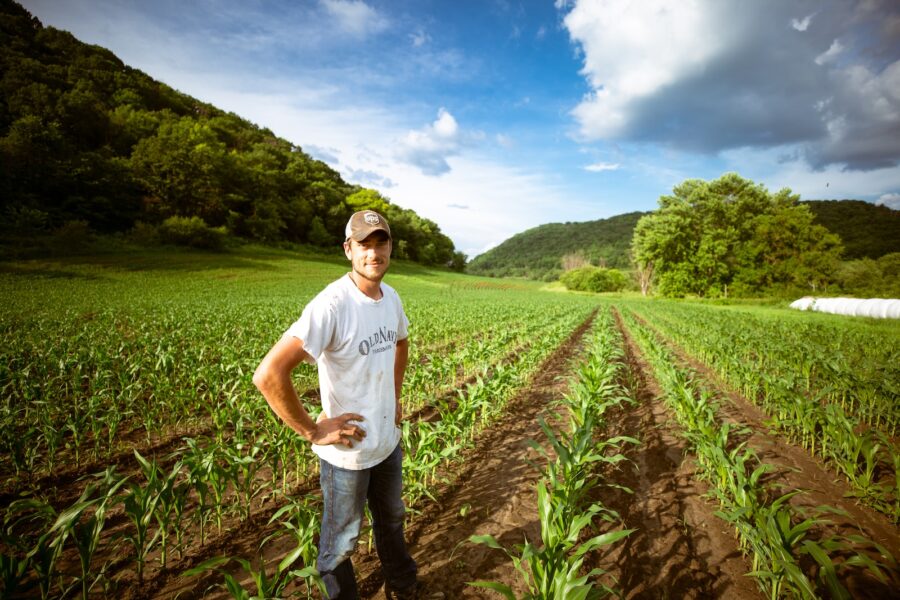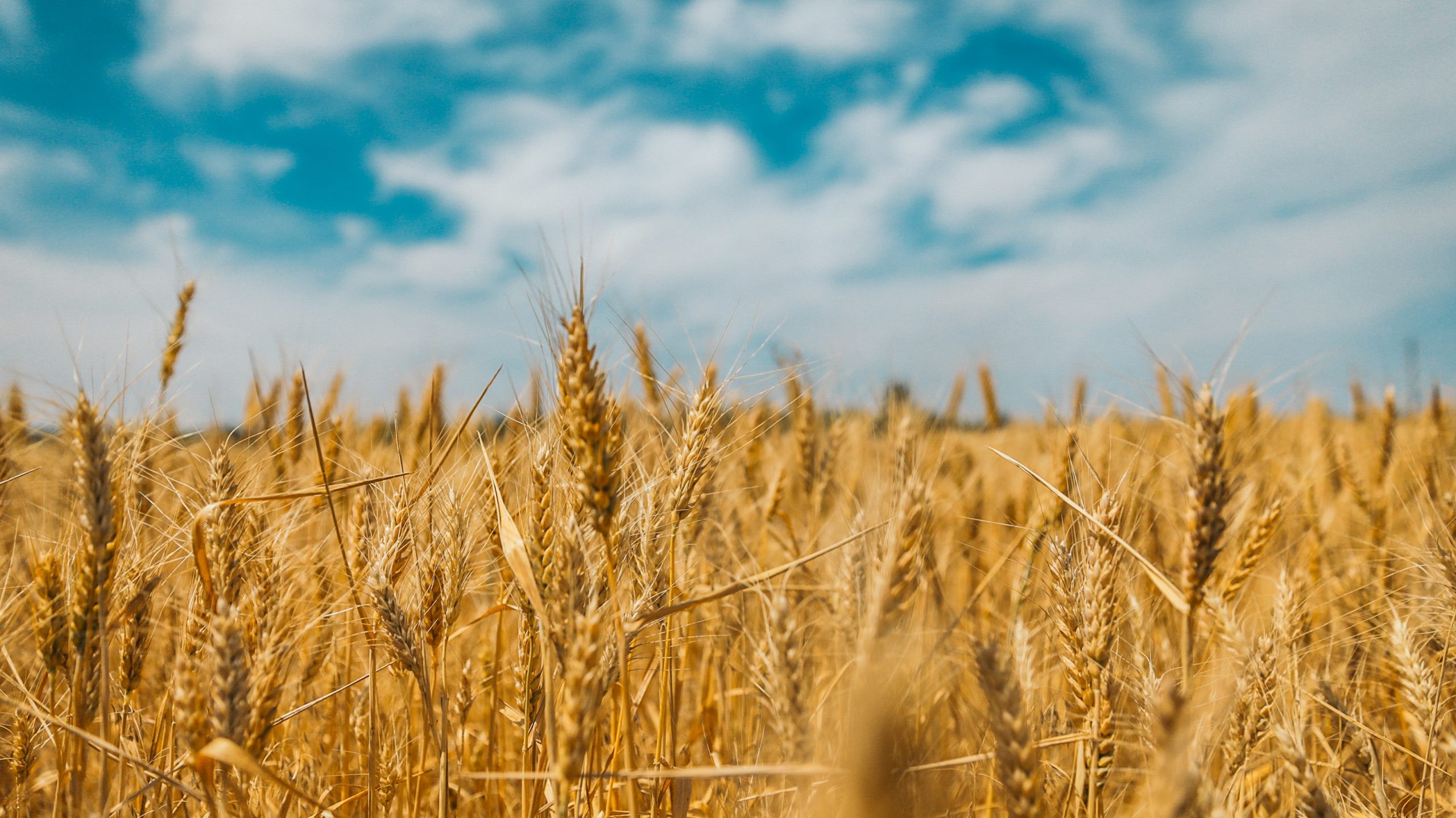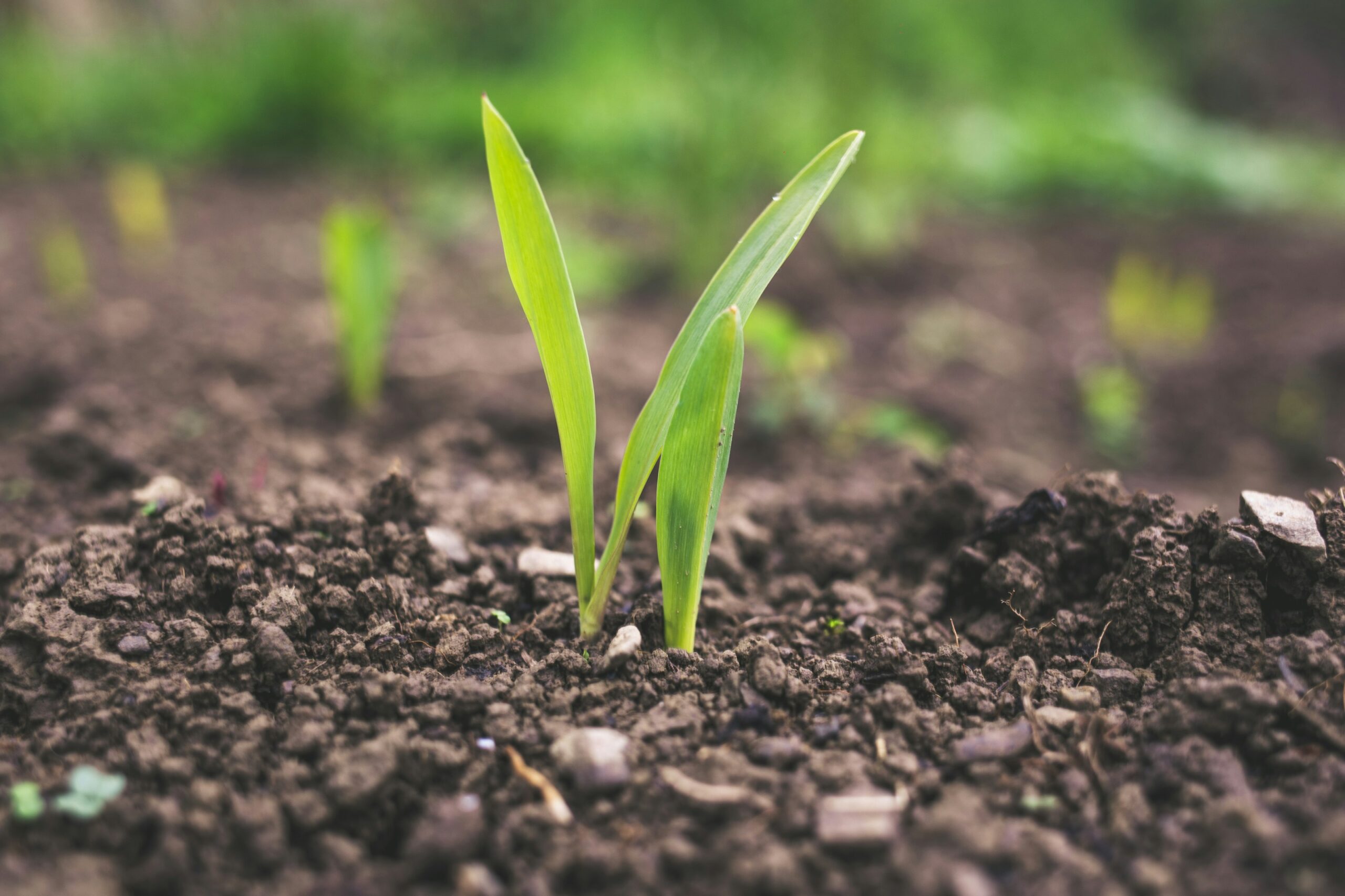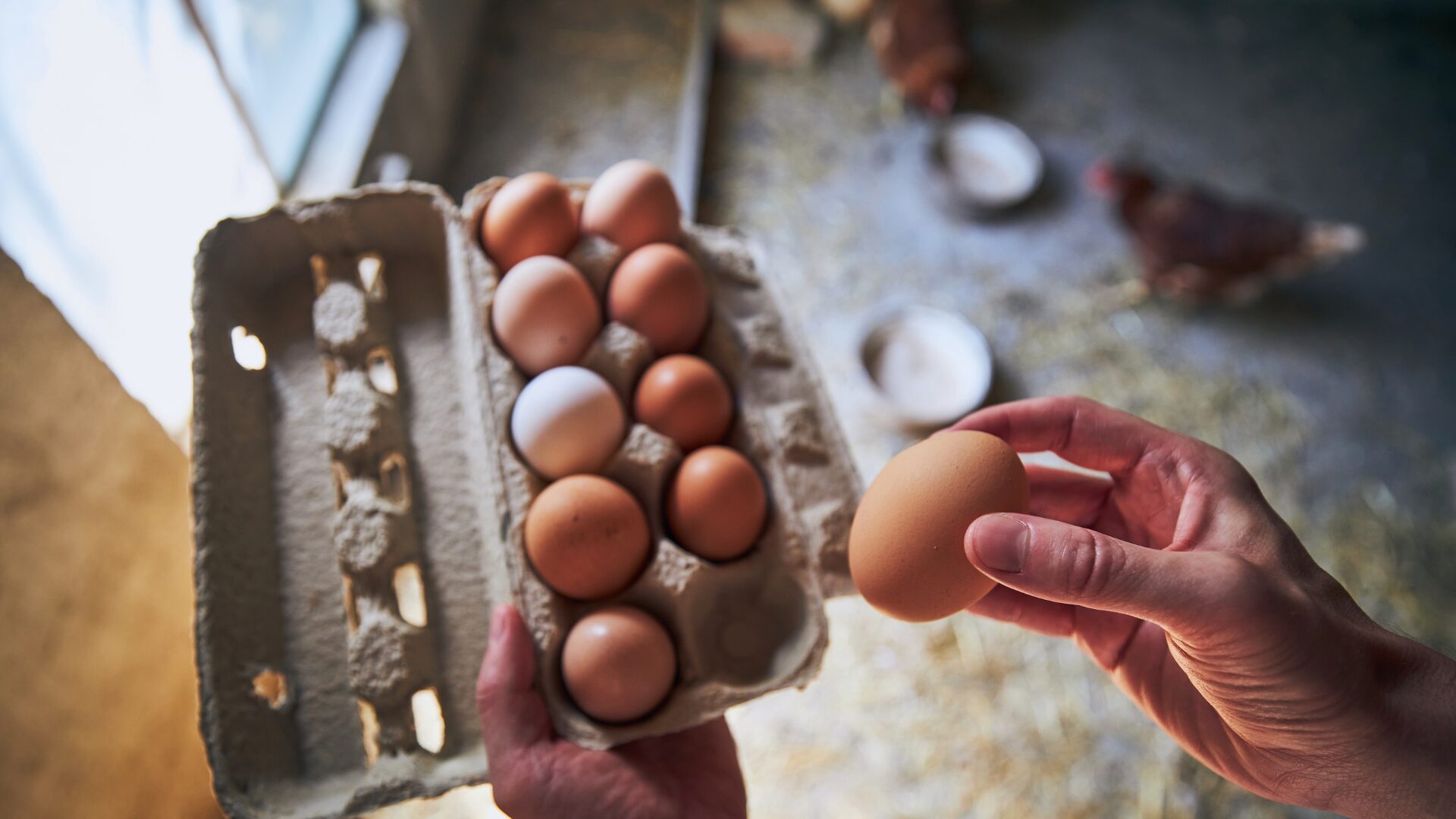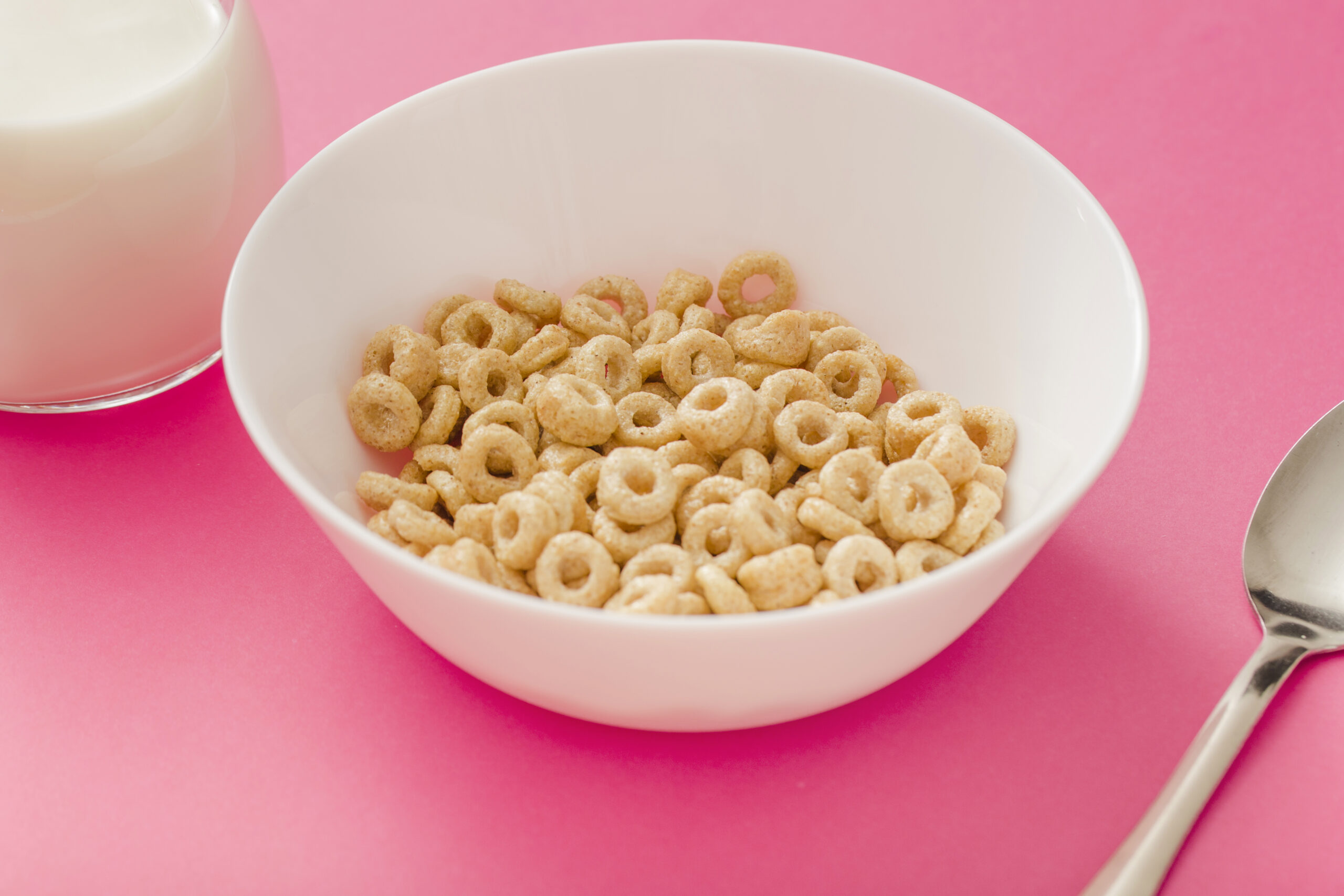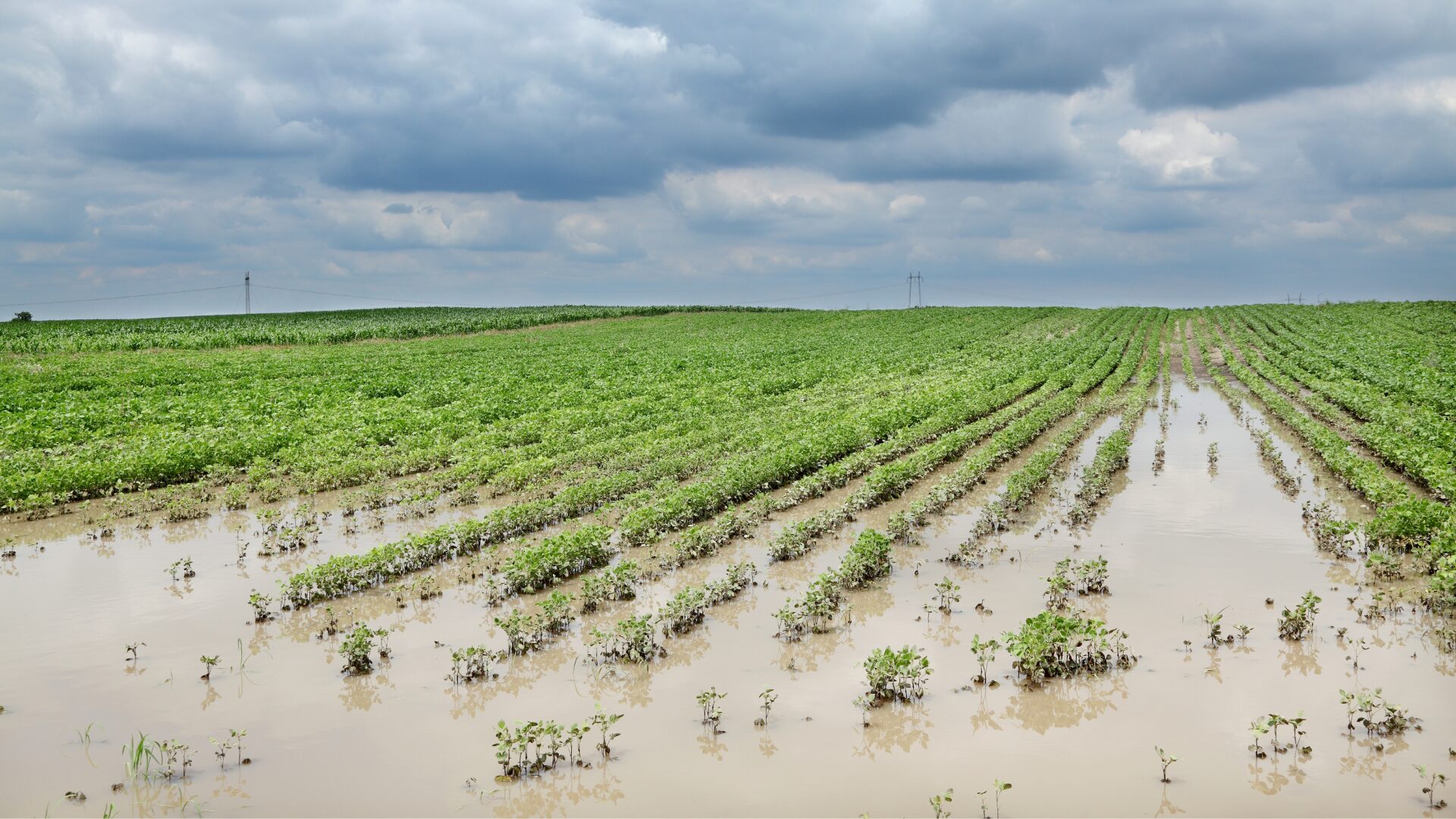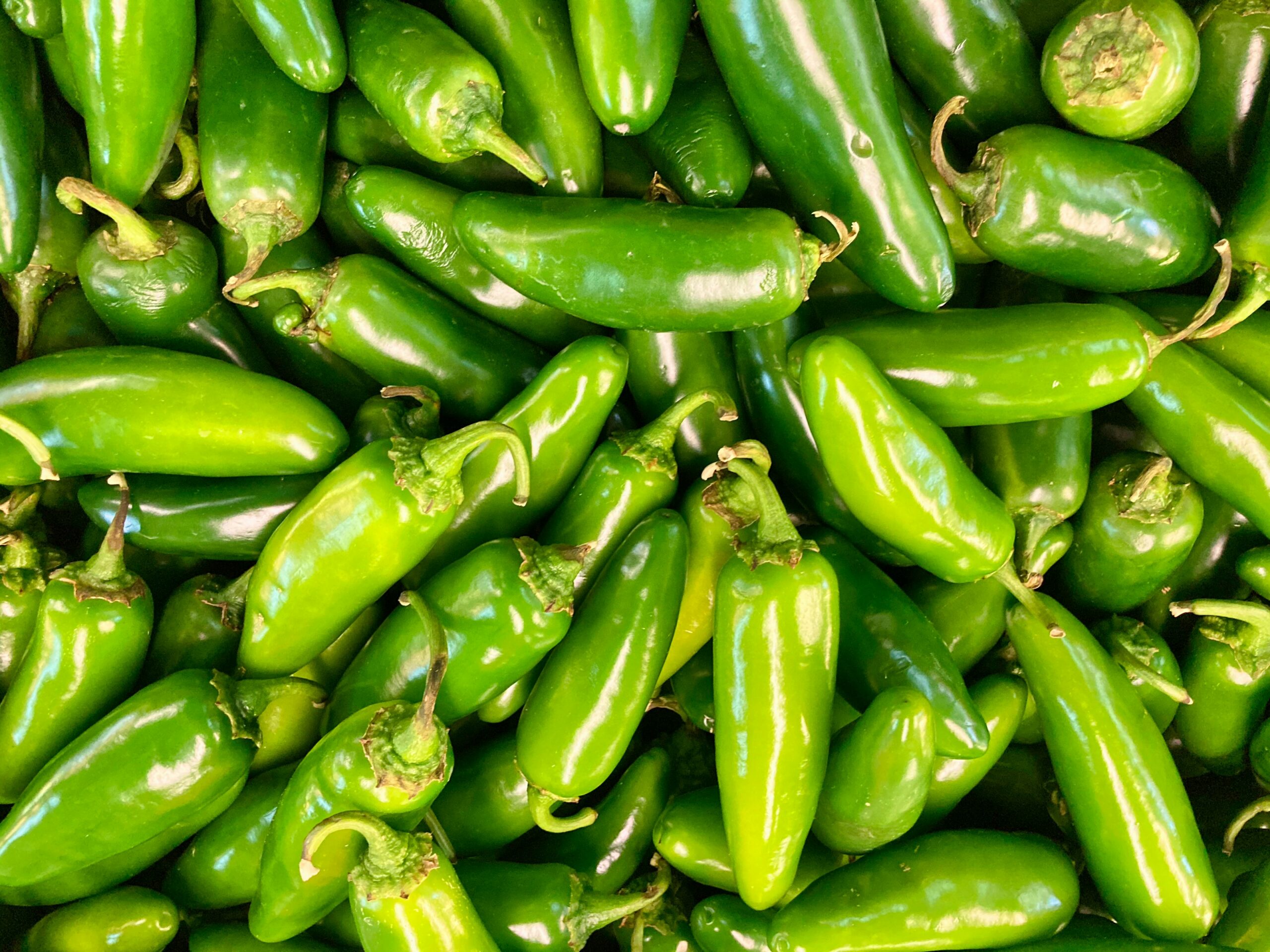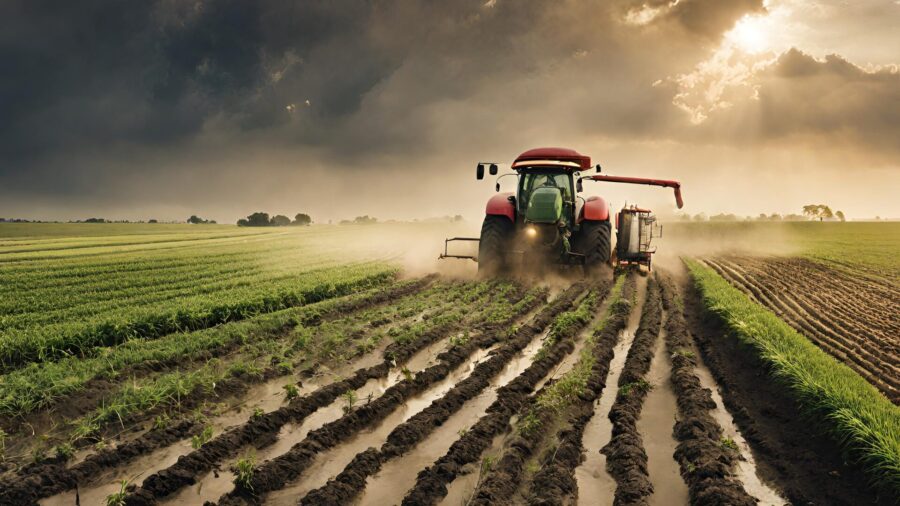The latest Purdue University-CME Group Ag Economy Barometer Index finds farmers turned more optimistic as 2022 drew to a close.
The survey conducted December 5-9 saw the overall index climb 23.5% following a two-month decline, while the Current Conditions Index rose nearly 38% and the Future Expectations Index increased 17% from November’s levels.
“The improvement in current sentiment was motivated by producers’ stronger perception of current financial conditions on their farms and could be attributed to producers taking time to estimate their farms’ 2022 income following the completion of the fall harvest,” said James Mintert, director of Purdue University’s Center for Commercial Agriculture.
The Farm Financial Performance Index reached its highest point of the year, climbing nearly 20% from November’s reading.
The 400 farmers participating in the survey, however, did express concerns for 2023, citing rising costs and tightening margins. Farmers expect rental rates, interest rates and input costs to increase, and crop and livestock prices to fall.
Meanwhile, in other ag-related news:
Clean water: The Biden administration has issued new clean water rules it says support agriculture while ensuring safe drinking water. The new rules, which takes effect within 60 days, cover more waterways than the Obama-era “waters of the United States” or the Trump era’s Navigable Waters Protection Rule regulation.
The changes are supported by the Natural Resources Defense Council and the National Wildlife Federation. The Pacific Legal Foundation, however, said the administration should have waited for the U.S. Supreme Court to decide the issue.
Cellular agriculture: The VTT Technical Research Centre said it has developed a “game-changing” method for producing meat alternatives that offers a more authentic experience for consumers, Food Navigator.com reported. The methodology cultivates cells in fermenters, using local plants like fava beans and sorghum to replicate the components of animal meats.
VTT research professor Nesli Sozer told Food Navigator the process leads to “the sizzling fat and juicy tenderness of meat like never before.”
Climate: A Texas Department of Agriculture report found climate change is threatening the state’s food security, the Texas Tribune reported. The worst drought on record destroyed crops last year across a wide swath of the state. The report noted “climate instability” caused soil loss, water quality issues, drought, fire, floods and other problems. Nearly half the state was still suffering drought conditions at the end of December.


